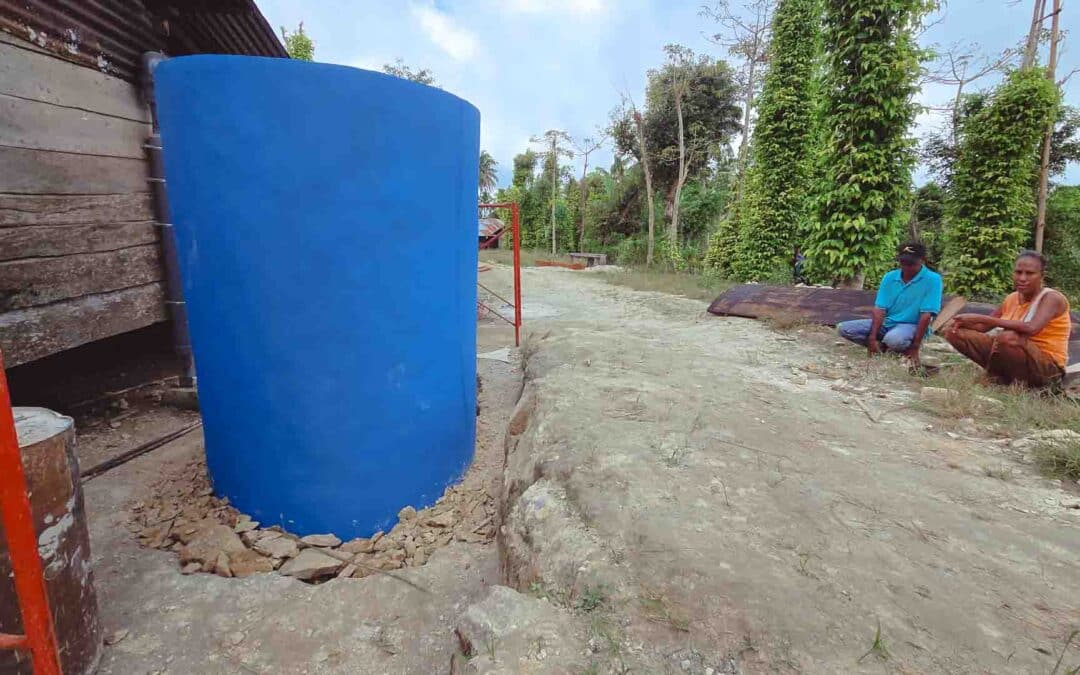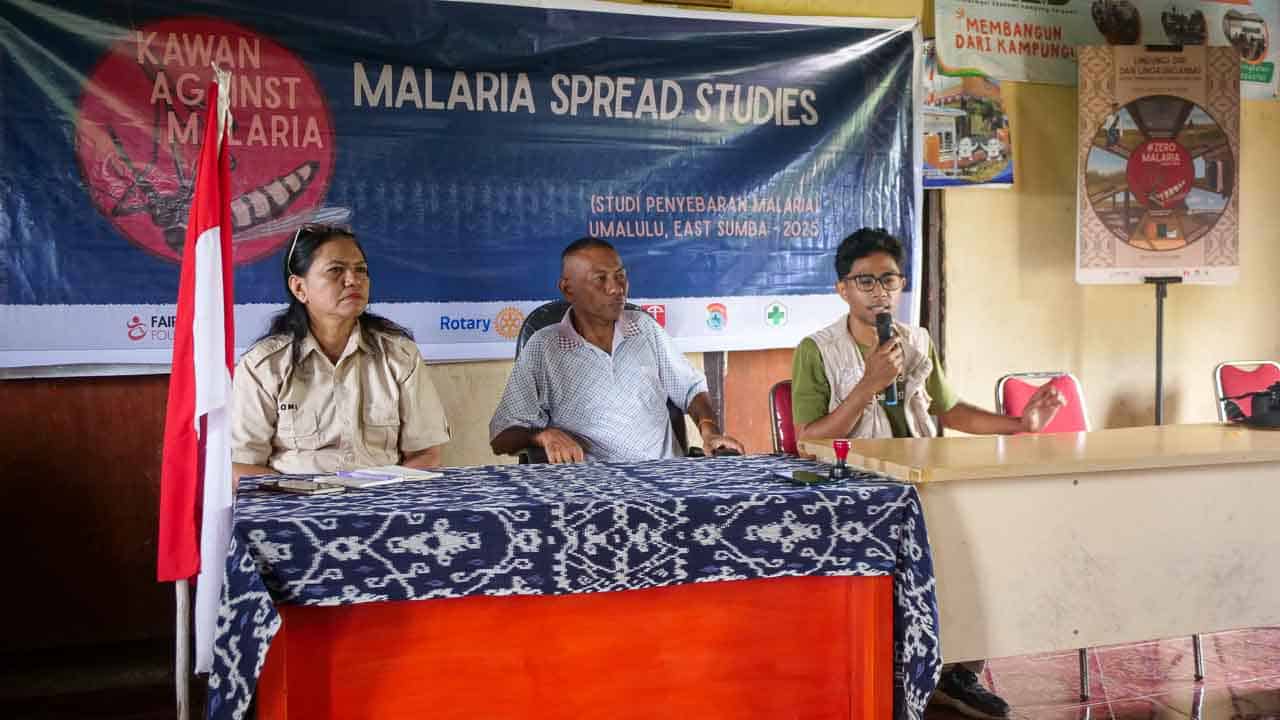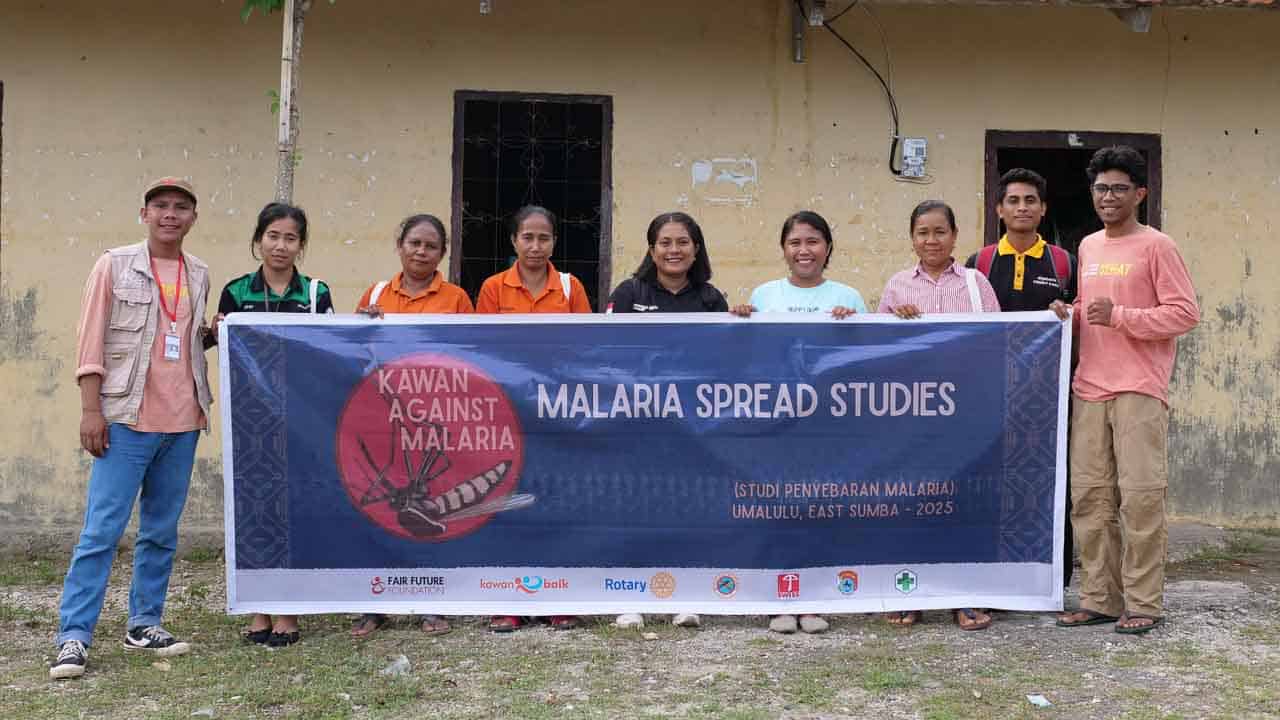In ultra-rural villages like Hambarita, having access to clean water is rare. This is why Fair Future builds 5,000-liter tanks with and for the communities. These reservoirs are more than...

We will construct eight ferrocement tanks in Hambarita to provide clean water to isolated families. Six of these are currently funded, but two remain unfunded. We require CHF 2,300 for each tank. Your support guarantees access to clean water for the most remote communities. Donate now and be part of this life-changing project.
The Water Connections program aims to provide fair and safe access to clean water. This initiative not only prevents diseases and reduces health risks, but also sustains lives, decreases infant mortality, and promotes economic prosperity.
The Water Connections category of Fair Future Foundation shares our vital work in improving clean water access and sanitation in ultra-rural Indonesia. Through wells, reservoirs, and water-saving initiatives, we help communities secure reliable, safe water. These stories highlight how our water projects improve health, reduce disease, and bring new hope to children and families living in the most remote and challenging environments.
Since 2008, Fair Future has been bringing healthcare, clean water, and real solutions to ultra-rural communities where no one else goes. Your support fuels this mission. Thank you!

In April 2025, the Fair Future Foundation launched the Malaria Spread Studies program in East Sumba, with a focus on the ultra-rural village of Umalulu. This region has long struggled with malaria, with nearly 55% of the population recently testing positive. Despite years of endemic presence, little has been done to understand why malaria continues to thrive here.
The Malaria Spread Studies aim to diagnose the real situation before proposing any solutions, just as a doctor would never prescribe medicine without first understanding the illness. For the first time, we are conducting a comprehensive field investigation to map out the factors that fuel malaria transmission.
To carry out this program, we developed a specialised digital tool: the Kawan Against Malaria App ("Good Friends Against Malaria"). This application enables local teams to survey every household in Umalulu by asking 65 targeted questions. The study is based on three key pillars:
This approach is unique in an area where resources are minimal and where little support exists beyond minimal governmental programs. Thanks to collaboration with local authorities, Kawan Baik Indonesia, Rotary International, and Rotary Against Malaria, this study aims to establish a precise understanding that will inform future prevention and treatment actions.
The Malaria Spread Studies are not just about understanding the disease; they are also about preventing its spread. They aim to spread awareness, give communities a voice, provide concrete data for strategic interventions, and create a model that can be replicated across other malaria-endemic regions.
Alex Wettstein, for Fair Future Foundation
